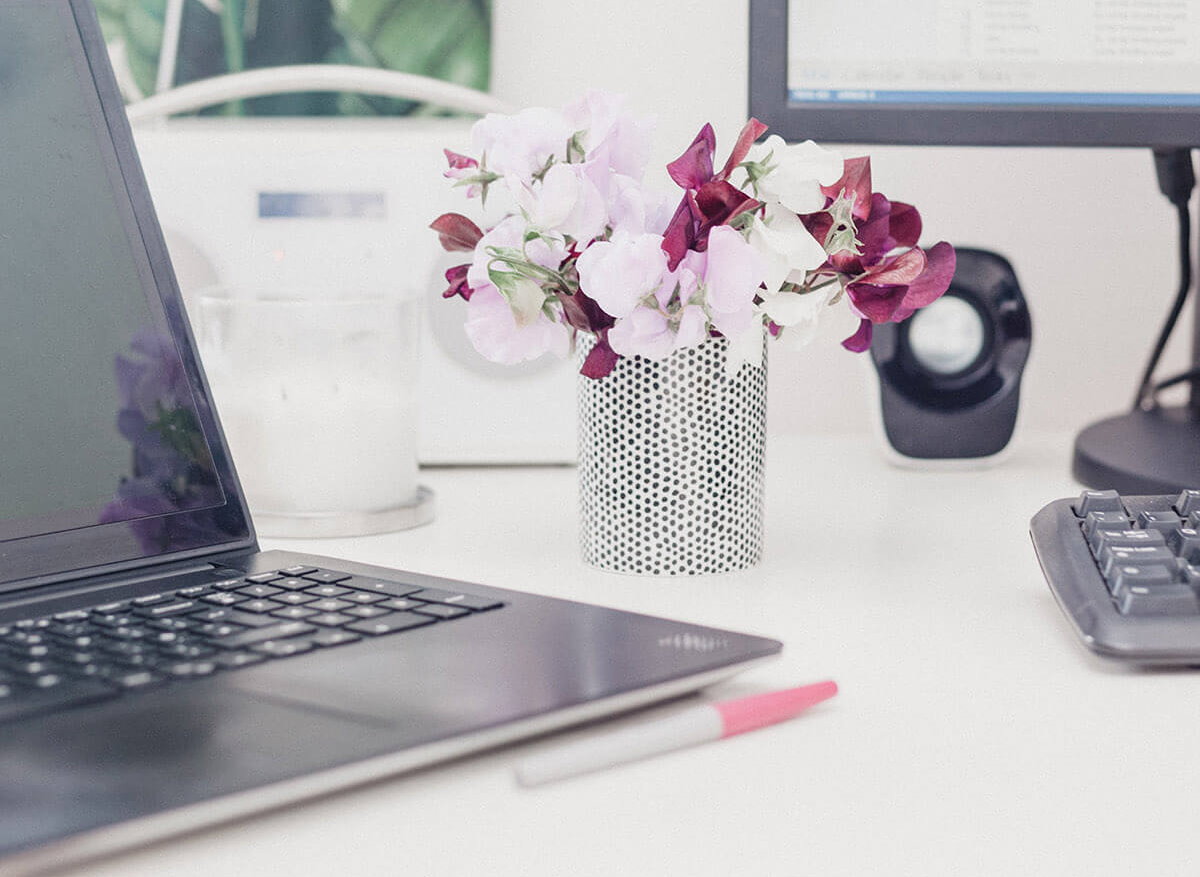My wife still wants out!
Working from home or working from the office is a question that many are challenged with…and many folks that l have spoken with on their preferences may be are mixed in their choice because most have gotten used to a routine from home and the inconvenience of going to the office once again is a hassle to most. The home-based routine has created a new culture that business have adapted to the changes and are flexible with adjusting work schedules to accommodate many.
Wear what you want, choose your own hours and never commute again – people who work from home are the envy of office dwellers everywhere. Ditching the suit for pajamas and the sofa sounds more comfortable – but does it really boost productivity?
A record number of people now work from home, with experts predicting that number will continue to grow. Most are predicting that the global remote workforce would grow from around 40% of all employees working from home or remotely. That old expression which was made famous by Dolly Parton “working 9 to 5” is a thing of the past and l do not believe we will ever go back to a full-time working schedule as we knew it for most. On the face of it, there seems to be a strong case for home working. A growing body of research suggests that remote employees, including home workers, are more effective in their day-to-day roles than office-based staff.
Working from home has its flaws and yet, despite the rush to embrace home working, not everyone is convinced.
Attitudes toward flexible working found that many of the positive effects waned over time. Employees no longer viewed working from home as a privilege and began behaving no differently than office-based staff, producing similar results. It was felt that there was a lack of professional support from employers and the research has found there was poor communication with colleagues and limited face-to-face interactions. As a result, employees resented their employers for possibly stunting their professional development and felt less loyal to the company.
Part of the issue with working from home is that it doesn’t fundamentally change human psychology. If you are an unproductive person in the office, then it’s unlikely to change when you work from home – where there are plenty of other distractions, whether it’s the TV, household chores or eating. You still need tactics and strategies in place to help you work effectively. The reality is that regardless of what you say, there will always be more distractions when working from home and the biggest draw back in my opinion is the psychological long-term effects on your mental state of mind.
Finding a balance to this issue could be one of the answers, sharing office space for meetings and deadline-specific work, and using home working for more creative or solo-focused tasks. You can see the present trend of a split week for most corporate, small business environments doing a split week of working from home and the office. Many of the major banks, insurance companies and law firms just to mention a few are all on this balanced split work week. The Unfortunate thing around this split week is that the mental and psychological effects are that will take some toll on folks working from home with not much of a social inter connection to others.
Psychologically, it helps to stop thinking of home working as any different to office working. Many home workers find it hard to shake the nine-to-five routine at first, so they may find it easier to keep that structure in place initially. But long stretches of working from home have also taken a big toll on families and forced many couples to the brink of divorce. Having couples working from home juggling a family can be very emotional and stress full and has led to infidelity and cheating. Employees and students transitioned to working and studying remotely, having to adapt very quickly. These changes to the working environment can have a significant impact on the well-being of individuals. This transition has led to the inability to partake in face-to-face meetings and class sessions and have limited social interactions with coworkers and fellow students. Not all individuals are accustomed to working and studying for days on end without interacting with anybody else.
Working from home has recently been described as modern-day cancer. With employers putting more emphasis on the productivity of their teams, talking employees away from office environments has become the norm. These working patterns can cause changes in your body and how you respond to stress. Working from home can cause less fatigue, as your blood pressure doesn’t spike, leaving you able to focus better. It can improve the amount of sleep you are able to have as your circadian rhythm becomes aligned. In a workplace that is stressed, your working habits change as a result of having to concentrate harder in what are less able environments. While you are doing your tasks, you might feel more energized and awake than usual, making you think you can push harder for your company.
Either way that you cut it, COVID-19 has changed the scope of life and how we move forward with our day-to-day lives. The corporate working scene has changed and unless you work in construction or some type of health care, the world we once knew is no longer.
For me, l have always preferred working from the office because my wife wanted me out of the house anyway.






Redes Sociais - Comentários